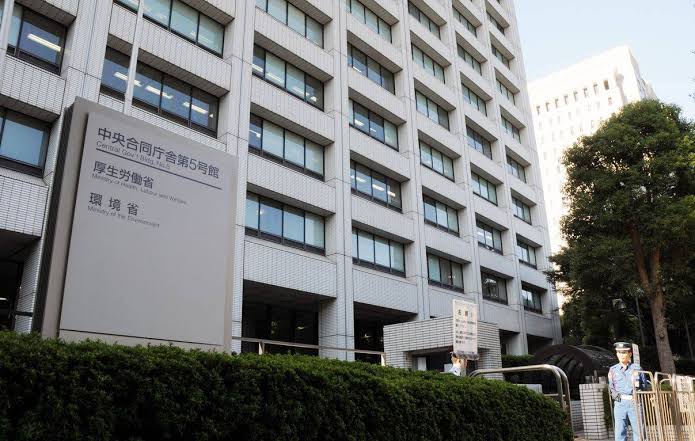Japan to abolish gender-specific survivor’s pension benefits, introduce fixed-term payments
The Japanese welfare ministry is set to revise the survivor’s welfare pension for men and women in their 20s to 50s without children, changing it to a five-year fixed-term benefit from the current gender-specific rule where the widow receives the benefit indefinitely if she is 30 or older, while the widower cannot receive payments unless he is 55 or older.
The planned adjustment will be made over several decades to ensure that current recipients won’t face a disadvantage. The ministry plans to include this revision in the bill to amend the public pension system, which it hopes to submit to the regular Diet session next year.
The basic survivor’s pension is provided to both single-mother and single-father households if they have children aged under 18. Similarly, for families with children, the survivor’s welfare pension is paid to the child, effectively eliminating the gender gap in such cases. However, the gender-specific rule has remained for working-age households without children.
For households with no kids, the wife aged under 30 receives a five-year fixed-term benefit. The ministry plans to gradually raise this age threshold. Currently, a husband is eligible for a welfare pension if he is 55 or older at the time of the wife’s death and begins receiving benefits at 60, but the ministry is considering new fixed-term benefits for those in their 20s to 50s.
The current survivor’s pension system is based on the concept of “securing income for a wife who lost her breadwinning husband,” with a stay-at-home wife in mind. Given the increase in dual-income households and the narrowing wage gaps between men and women, the ministry will redesign the system as “temporary benefits to support people’s efforts to rebuild livelihoods.”
There have been increasing calls to correct the gender gap in the survivor’s pension system, with experts in the Social Security Council’s pension subcommittee pointing out that the gender gap in the labor market has narrowed since the time when survivor’s pensions were revised in other countries.
The ministry plans to make no changes for survivor’s welfare pension recipients in their 60s and older or for households with children. At the same time, it’s considering gradually abolishing the additional “middle-aged and older widow’s allowance” for widows aged 40 to 64 without children.
Since the planned revision will cut the benefit period shorter for wives compared to the current system which provides payments indefinitely, the ministry will consider new measures such as abolishing the income requirement of less than 8.5 million yen (roughly $56,000) per year. These proposals will be laid out at the pension subcommittee meeting scheduled on July 30, and details will be finalized toward the end of the year for the bill drafting.
Read more mainichi











